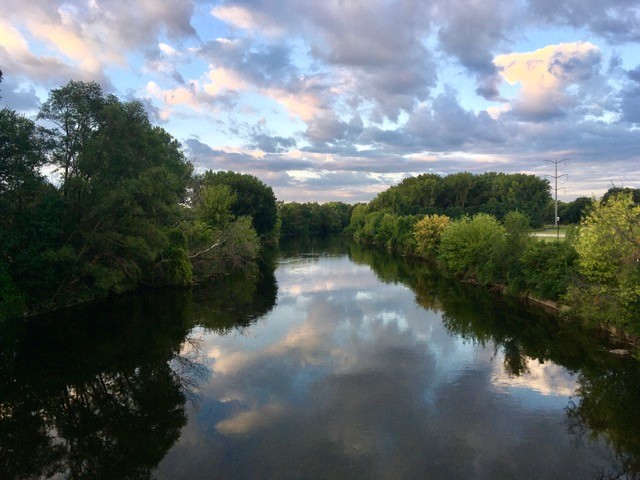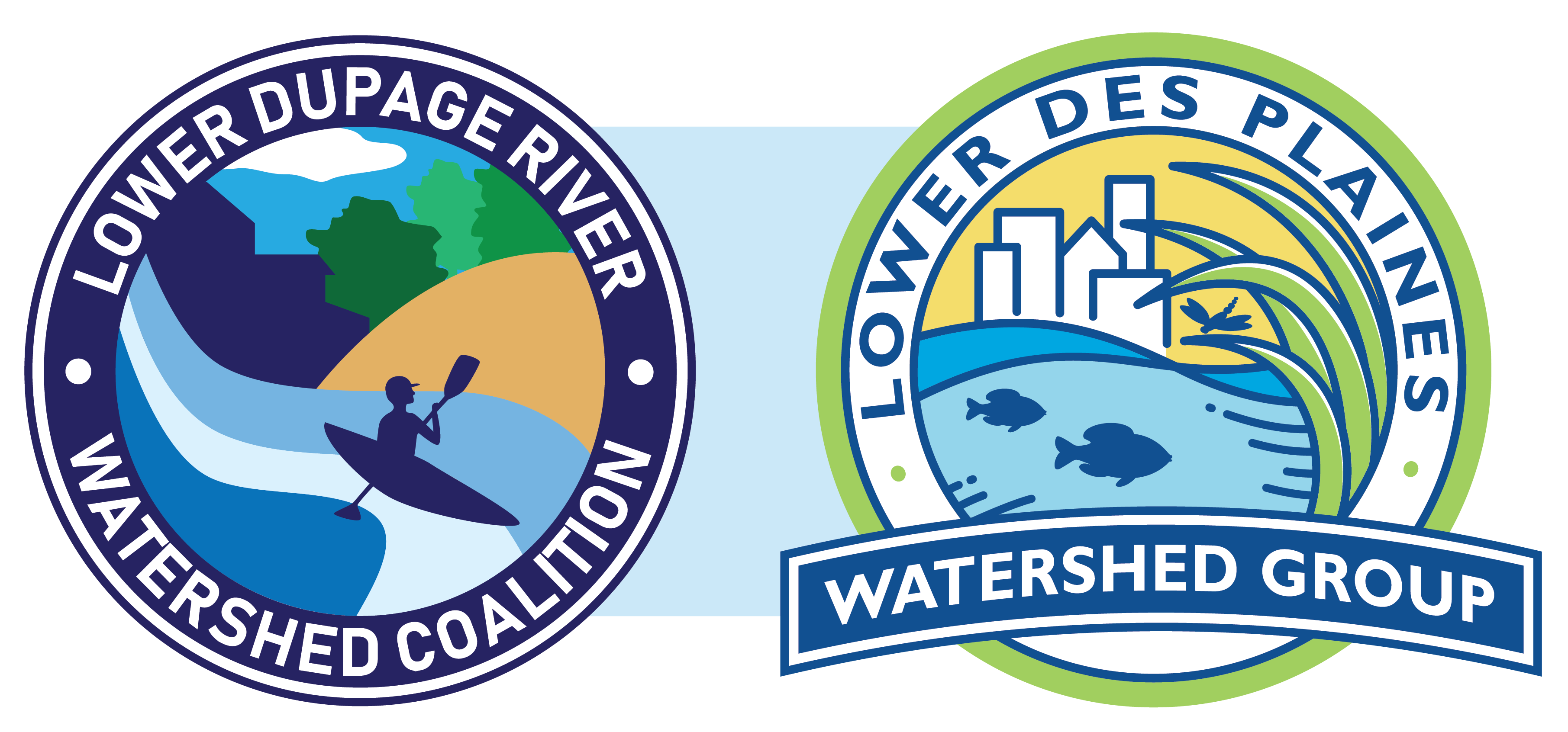After hours of yard work, it’s satisfying to stand back and admire your neat landscaping. But wait! A pile of grass clippings, leaves, and branches—the victims of your yard work crusade—ruin the view. It might be tempting to quickly toss them into the stream near your home or a park down the street. It’s all natural, right? Well, yes, organic matter like leaves is natural—but piles of yard waste do not belong in waterways and other natural areas.
Why Dumping into Rivers and Streams is an Issue
Dumping yard waste into waterways is illegal, impacts wildlife habitat, and degrades water quality.
- Dumping is Illegal: Let’s start with the law. Dumping yard waste into or along rivers and streams, or in any natural area, is illegal in most places. Municipalities have ordinances against dumping due to its impact on the environment.
- Dumping Impacts Wildlife Habitat: Our steams and natural spaces serve as crucial habitats for wildlife. Piles of leaves, grass clippings, branches, and other yard waste alter homes, hunting grounds, and breeding areas.
- Dumping Degrades Water Quality: Yard waste like grass clippings and leaves releases excess nutrients into the water as they decompose. Extra nutrients in the water accelerate the growth of algae and can cause an algal bloom—often looking like a mucky, green layer covering a pond or stream. An algal bloom depletes oxygen, harming aquatic life and disturbing the ecological balance of the entire stream ecosystem.
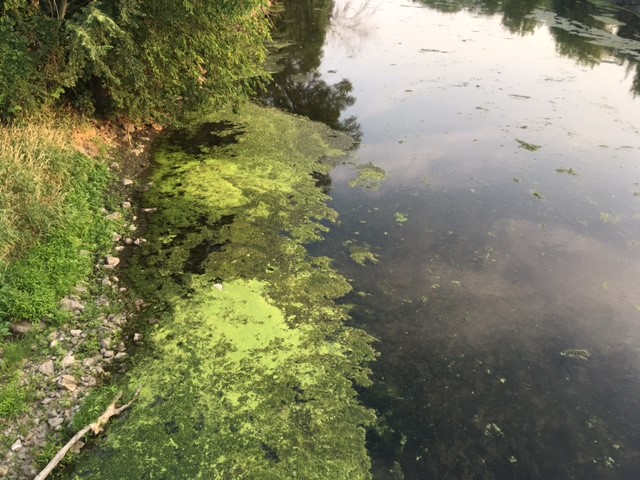
Better Options for Yard Waste
Fortunately, there are better options for managing yard waste that are still convenient and won’t impact the environment.
Use Yard Waste as a Resource at Home
Instead of ditching yard waste, consider turning it into a valuable resource. By reusing yard waste at home, you not only reduce pollution but also enrich your own soil. Here are a few ways you can use yard waste to improve your lawn and garden:
- Compost leaves to create nutrient-rich soil for your garden.
- Use shredded leaves as mulch to retain moisture and prevent weeds.
- Remove your lawn mower bag and leave grass clippings in place to decompose into the soil.
- Mulch fallen leaves into your lawn with a mulching mower.
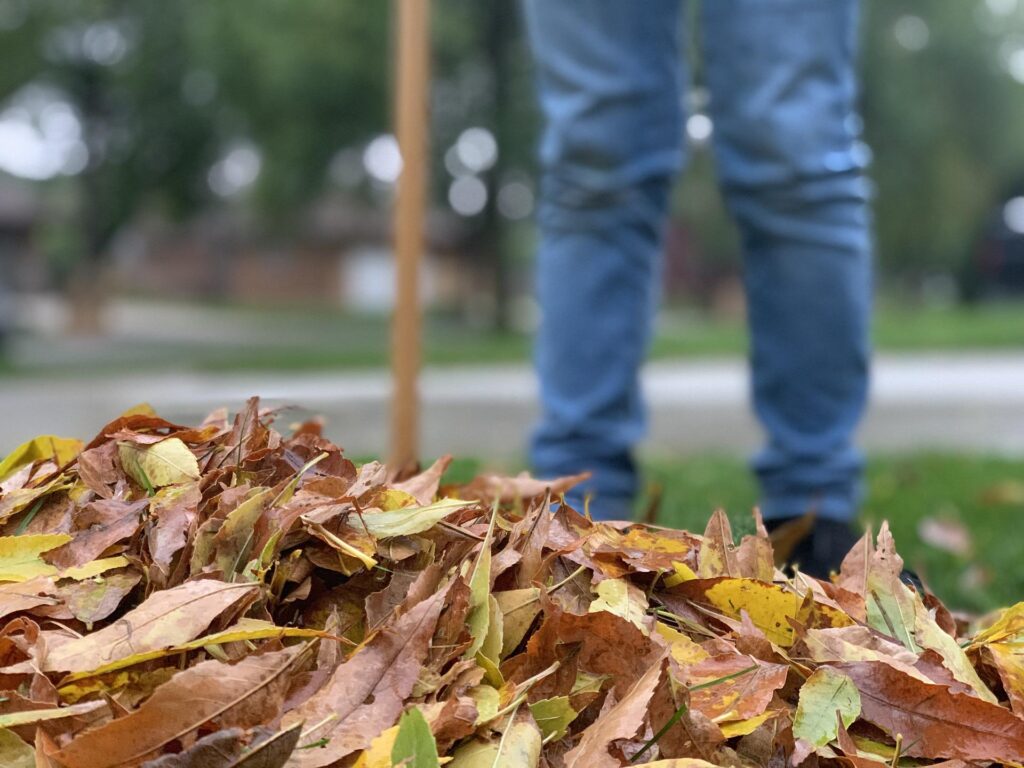
Community Yard Waste and Leaf Disposal
If repurposing yard waste at home isn’t an option, you can participate in your community’s yard waste collection program. Typically, you can place brown yard waste bags and bundles of branches near the curb for collection on specified days throughout the year. Check your municipality’s website or newsletter for pick-up dates and requirements.
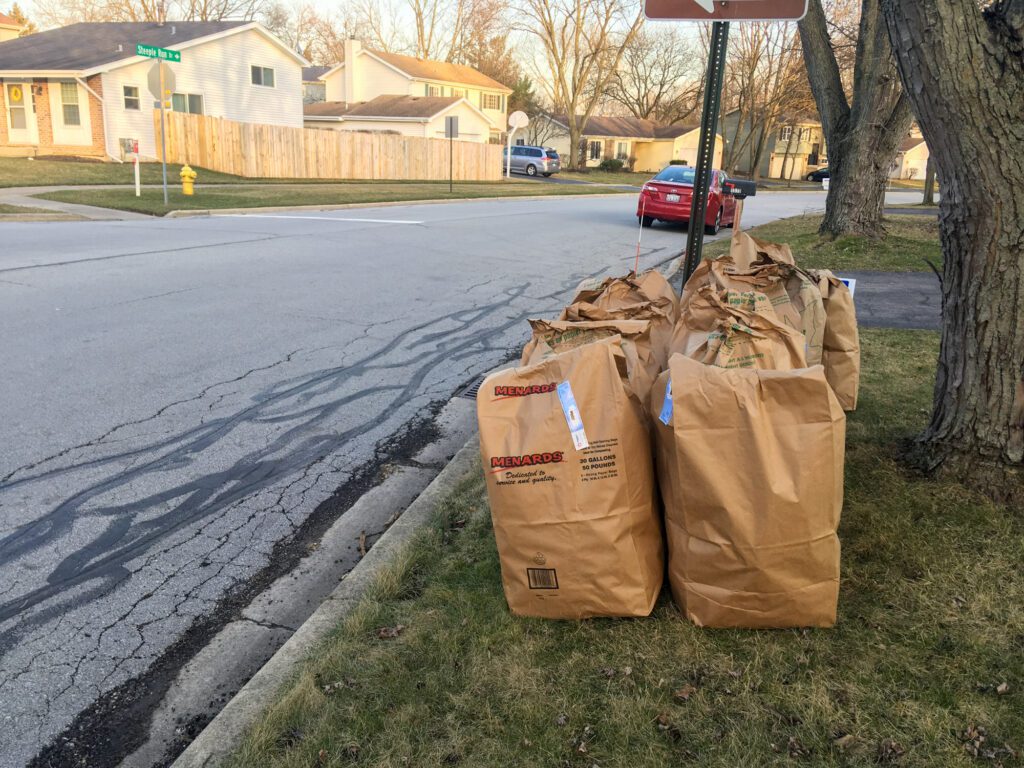
Do Your Part for the Local Environment
Dumping yard waste into natural spaces is a harmful and illegal practice that has consequences for wildlife and water quality. Let’s remember that no matter how natural they are, leaves and yard waste do not belong anywhere in our rivers, streams, parks, and preserves. By using yard waste as a resource at home or participating in community disposal programs, we can protect local waterways and contribute to a healthier, more sustainable environment.
